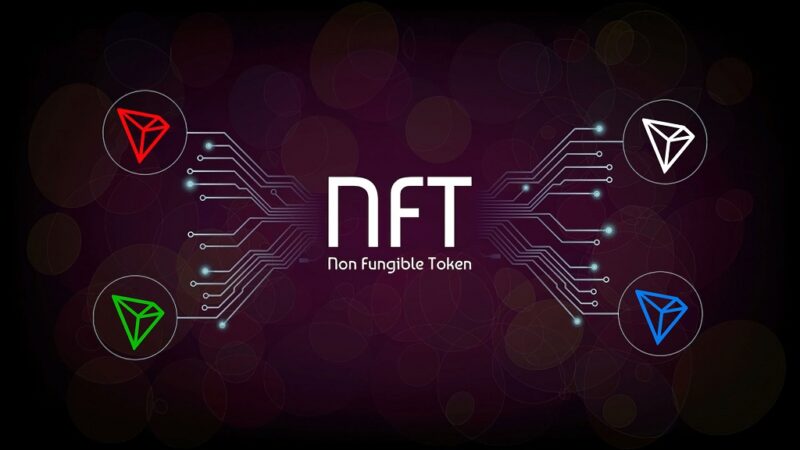NFT stands for Non-Fungible Token. It’s a type of digital asset created using the same programming as cryptocurrency, like Bitcoin or Ethereum, but it’s not a currency. NFTs are unique, one-of-a-kind assets that represent ownership of a specific item or piece of content, typically digital artworks, music, in-game items, and videos. Unlike traditional digital files, NFTs cannot be replicated or divided into smaller denominations. They prove the authenticity and scarcity of a digital item, making them valuable and collectible.
Why have NFTs become so popular?
There are several reasons why NFTs have surged in popularity in recent years:
- Digital scarcity: NFTs create digital scarcity, which is otherwise difficult to achieve with digital items. Due to their unique nature, only one person can own a specific NFT at a time, increasing the value and desirability of the item represented by the token.
- Ownership rights and provenance: NFTs enable artists and creators to retain ownership rights over their work. These tokens simplify the verification of authenticity, allowing users to verify the owner and builder of the NFT. This feature creates new revenue avenues for creators, as they can receive royalty fees for subsequent sales or distributions of their work.
- Growing interest in cryptocurrency and blockchain: As cryptocurrencies and blockchain technology gained popularity, more people have become interested in exploring alternative uses of these innovations. This growing mainstream acceptance brought attention to NFTs and their potential in revolutionizing various industries, such as gaming, arts, and entertainment.
- Community-building and empowering creators: NFTs enable artists and creators to build and foster stronger, more engaged communities around their work. This not only empowers creators to generate income but also encourages a new generation of creators to explore the digital world.
The Future of NFTs in 2024
By 2024, we anticipate that NFTs will continue to revolutionize various industries, enabling creators to capitalize on their digital assets and redefine the way we think about ownership and value. As more people become comfortable with blockchain technology and understand its use cases, the demand for NFTs is likely to increase exponentially. Expect new, innovative ways to monetize content and empower artists, as the potential applications of NFTs expand beyond art, music, and gaming industries.
In conclusion, NFTs represent a significant step forward in the digital world. With their unique properties and developers’ continuous innovation, NFTs are poised to transform the world of digital scarcity, ownership, and collectibles for years to come.

